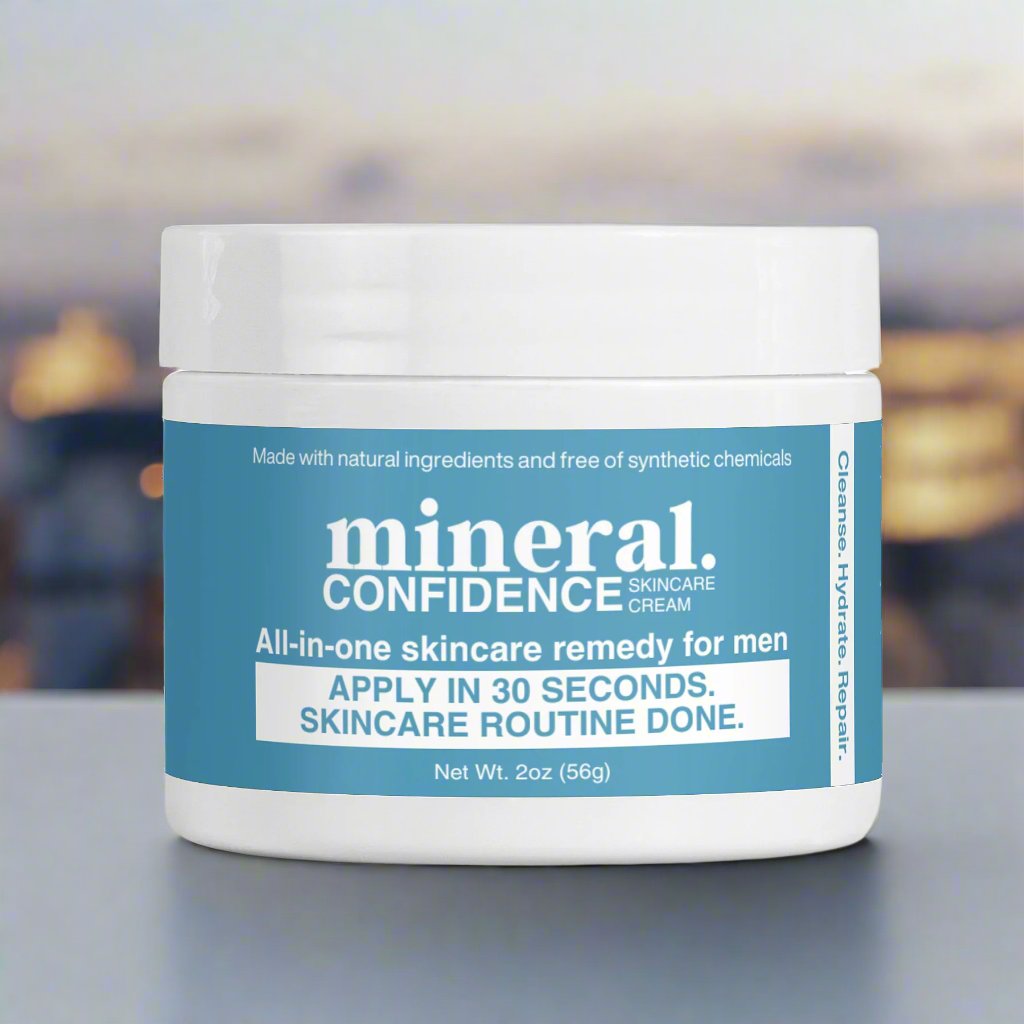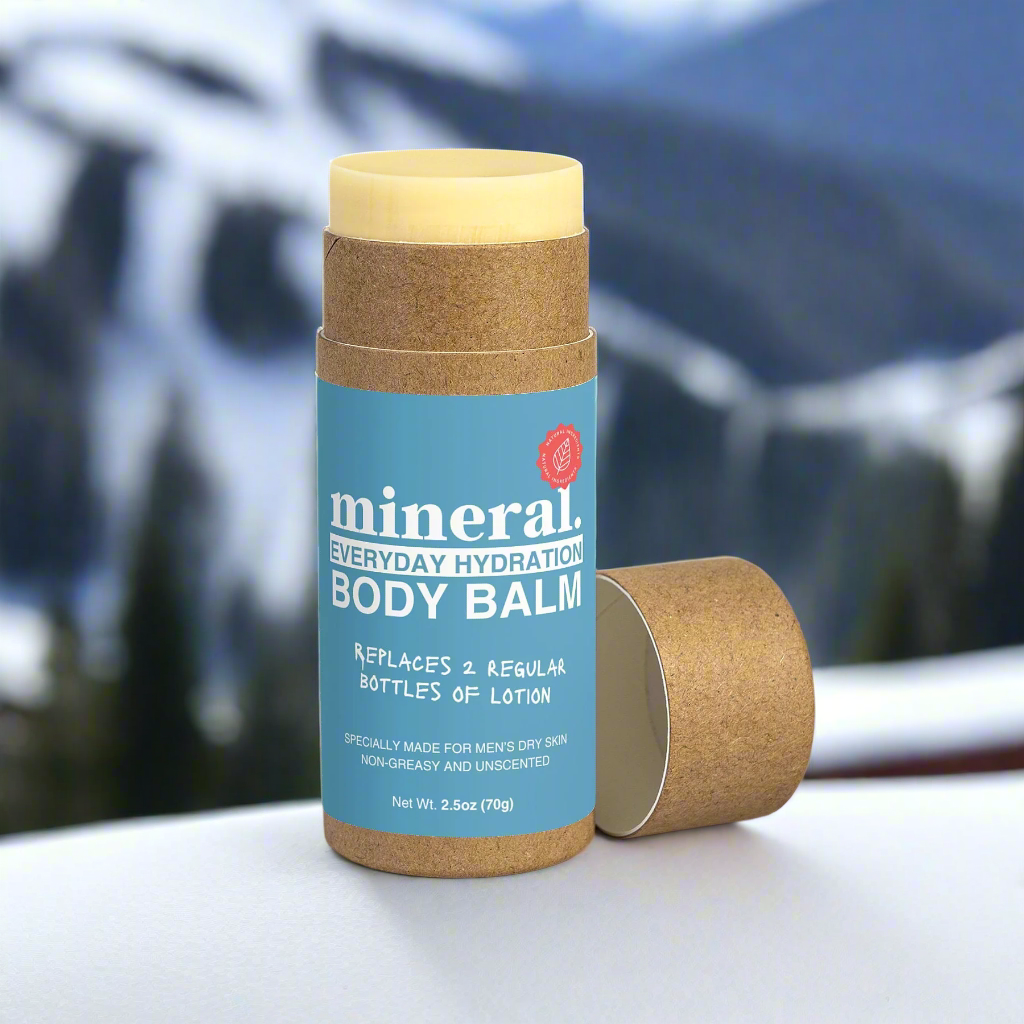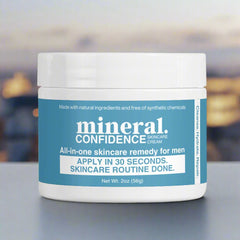Do you know what goes into your skincare products? As people become more aware of the ingredients in their personal care products, there's a growing concern regarding the widespread use of plastic chemicals like phthalates. These often-overlooked chemicals are prevalent in skincare products and pose significant health risks. This article will explore what phthalates are, how they can affect your health, and how widespread they are in the skincare industry.
What Are Phthalates?
Phthalates are a group of chemicals used to make plastics more flexible and durable. In the cosmetics industry, they are commonly used as solvents or carriers for fragrances. This includes products like lotion, sunscreen, and most skincare products. Often, phthalates are hidden under the generic term "fragrance," making them difficult to identify without thorough research. According to the Environmental Working Group, these chemicals are among the "Toxic Twelve" that pose risks to human health.
Despite their widespread use, phthalates are not essential for product performance. Many brands have successfully replaced them with safer alternatives. However, due to their low cost and fragrance-enhancing properties, they continue to be a staple in many products on the market today.
How Are Phthalates Harmful?
Phthalates are known endocrine disruptors, meaning they can interfere with the body's hormone systems. According to the National Institute of Environmental Health Sciences, endocrine disruptors like phthalates can mimic or block hormones, leading to a range of health issues. These can include developmental and reproductive problems, increased risk of cancers, and disruptions to metabolism.
Health impacts may vary depending on the level and duration of exposure, but even low levels of phthalates can be harmful. Studies cited by the Endocrine Society highlight links between phthalates and conditions such as ADHD, obesity, diabetes, and reproductive disorders.
Dr. Sheela Sathyanarayana has noted that phthalates can accumulate in the body over time, exacerbating their harmful effects. This accumulation poses a severe risk, especially for vulnerable populations like pregnant women and developing children.
How Prevalent Are Phthalates in Skincare Products?
Phthalates are alarmingly common in the skincare industry. A report from Consumer Reports found that these chemicals are present in a wide range of products, often at levels that can pose health risks. Despite increased awareness and demand for transparency in personal care products, many companies continue to use phthalates due to regulatory gaps and cost considerations.
Phthalates are most prevalent in products that list "fragrance" as an ingredient. This vague labeling allows manufacturers to include phthalates without direct disclosure. The Environmental Working Group's database shows that thousands of beauty products still contain these harmful chemicals despite consumer demand for safer options.
The Endocrine Society has called for stricter regulations to limit or eliminate phthalates in consumer products. Until such measures are universally adopted, consumers must remain vigilant, checking ingredient lists and opting for brands committed to transparency and safety.
Tips for Avoiding Phthalates in Skincare
Choosing phthalate-free products is essential for maintaining your health and well-being. Here are some tips to help you avoid these harmful chemicals:
- Read Labels Carefully: Look for products that explicitly state "phthalate-free" or list all fragrance components. Avoid items that include vague terms like "fragrance" or "parfum."
- Research Brands: Opt for brands known for transparency and ethical practices. Trustworthy companies often provide detailed ingredient lists and information on sourcing and safety standards.
- Use Natural Products: Consider switching to natural and organic skincare products. These are less likely to contain synthetic chemicals like phthalates.
- DIY Skincare: Making your own skincare products allows you to control all ingredients. Simple recipes using natural oils and plant-based extracts can be effective and safe alternatives.
- Leverage Consumer Resources: Utilize resources like the EWG's Skin Deep database to check the safety of your favorite products.
The Role of Regulatory Bodies in Phthalate Control
While individual actions are crucial, regulatory oversight is necessary to enforce broader change. Currently, the lack of stringent regulations allows the continued use of phthalates in personal care products.
Agencies like the FDA have begun to acknowledge the risks associated with phthalates, but progress is slow. The Endocrine Society advocates for more comprehensive regulations, emphasizing the need to prioritize public health over industry convenience.
Consumers can drive change by supporting legislation that demands greater transparency and accountability from manufacturers. Public pressure has already led some companies to reformulate their products, showing that collective efforts can yield positive results.
Conclusion
Awareness is the key to safeguarding your health. By understanding the risks associated with phthalates and taking proactive steps to avoid them, you can protect your skin and overall well-being. Consider integrating safer skincare practices into your routine and supporting brands committed to transparency and safety.
If you're eager to learn more about skincare safety, connect with our community of informed consumers and experts. Explore resources from the Environmental Working Group and Endocrine Society for further reading. Join us in advocating for a healthier, phthalate-free future.






